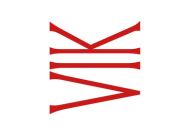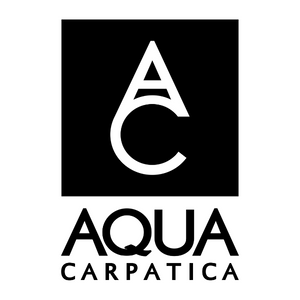South African wine producer Paul Clüver is talking about his Seven Flags Chardonnay 2021. It’s a pure, precise, and focused Chardonnay with great complexity, concentration and texture: fresh citrus fruits on the nose; lemon grass, lime, stone fruits and understated spicy oak on the palate; with a lingering and layered finish completing the experience.
Paul’s goal of creating the ultimate expression of the variety has netted him the International Chardonnay Trophy – ahead of entries from France, New Zealand and Australia – as well as the South African White Trophy at this year’s International Wine Challenge and, last month, this 97-pointer was named the best sustainable wine in the competition.
Paul elaborates on its restrained style by making an analogy with cooking: “If you think about cooking, it’s easy to add more salt and pepper but it doesn’t necessarily make the dish better. The most important thing about a great dish is the raw ingredients. What we ultimately believe in is that the quality of the grapes determines the quality of the wine. And the winemaker is there to capture that and put it in the bottle. And that’s what we try to do.”
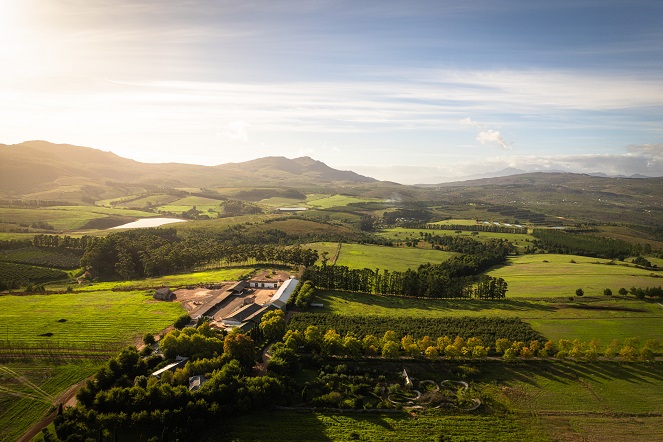
The Seven Flags Chardonnay, a line launched in 2014, is a barrel selection from vines planted in Bokkeveld Shale soils in 1987, making them the oldest vineyards in the Elgin valley.
“Elgin back then was identified as one of the areas to be able to grow Chardonnay and Pinot Noir. It’s South Africa’s coolest wine-growing region by temperature in the growing season. So, you get this incredible freshness and acidity in these climatic conditions,” Paul tells Canopy.
The estate, nestled in an inland mountain plateau close to the ocean and the UNESCO Kogelberg Biosphere Reserve, is 2,000ha in total, with only 70ha planted to vines. Of these, 14.9ha are Chardonnay. The Chardonnay clones include 76, 95, 175, 270, 548 and 1066.
The south-facing vines used for the Seven Flags Chardonnay are cordon-trained whereas most of the rest of the estate is Guyot “for better yield and quality”, Paul says as we taste the wine.
Low yields (3.5-4.5 tons per hectare) from clones 175 and 270 help to produce grapes with incredible depth and complexity. They were hand-harvested on February 21 and March 11, 2021.
From there on in, Paul describes the winemaking process as “fairly minimalistic”.
About 20% of the grapes were whole-bunch pressed; the rest were destemmed and crushed, then settled without any settling agents. The juice was then transferred to a selection of 300L Burgundy barrels (28% new, the rest second and third fill) for spontaneous, uncontrolled fermentation.
“What I love about not-inoculating the wine,” Paul says, “is the spontaneous fermentation gives you a lower temperature spike and the lower temperature gives you a softer extraction.” He continues with another cooking analogy: “The best way for me to describe it: it’s almost like slow cooking where you have a leg of lamb and it just falls off the bone. You don’t need that high temperature spike with the fermentation; the lower temperature gives you softer wood extraction and this lovely balance.”

After fermentation the wine remained on lees in the lightly toasted barrels for a total of nine months without any sulphur addition and with minimal lees stirring “because we don’t want that heavy buttery characteristic coming through. I think the world is less interested in that style these days,” Paul continues.
Only about 20% of the wine goes through MLF “so you get these hints of creaminess but still this lovely fresh and focused wine. You’ve got this almost nervous tension on the palate and the salinity of the wine just makes your mouth water”.
After tasting and blending trials with cellarmaster Andries Burger and winemaker Anne van Heerden, the wine was assembled from the best barrels, naturally stabilised and prepared for bottling with “minimal SO2”.
What makes it sustainable?
Here are some of the sustainable practices at the estate…Farming and vineyard
- All-year cover crops are used to protect the soil from evaporation, increase water retention and increase nutrient content. The cover crops include cereals, legumes and root vegetables to nourish the soils and increase biomass.
- Grape skins and stems are mixed with hay, cow manure and wood chips from invasive aliens to create in-house compost, which is matured for six to eight months, then spread under the vines as mulch and to improve soil health in the vineyards.
- There has been no-till planting of winter cover crops for the last five years.
- They are running summer cover crop experiments to determine the effect on biomass production and soil cooling.
- No weedkilling in working rows, creating a natural home for natural predators that consume snout beetles and mealybugs.
- 5% of vineyards are replanted each year to maintain a good renewal schedule of healthy, thriving vineyards.
- New vineyard sites are left unplanted for at least two years – with cover crops used to increase the organic matter and health of the predominantly decomposed Bokkeveld Shale with underlying clay layers of varying depths. Soil health is one of the most important parts of the sustainability programme at Clüver. “A healthy plant, like a healthy human, is more able to stand up to pests and diseases,” Paul points out. “And where that comes from is healthy soils and by healthy soils we mean creating biodiversity in the soils so we think cover crops are very important. We don’t want bare soils.”
Conservation of endangered flora and fauna
The business forms part of a larger farming business called De Rust Estate. In addition to the vineyards and cellar, there are apple and pear orchards and a Hereford stud. The 2,000ha estate also forms part of the UNESCO world heritage site, the Kogelberg Biosphere, established in 1998. “Within the greater Biosphere we have formed the Groenlandberg conservancy in 1994 with our neighbours and have set aside 60% of our estate for conservation into perpetuity,” Paul says.
“I like the term in harmony with nature. Yes, our interaction does have an impact on nature but as long as it’s done in a way that nature can sustain it, I think that’s the important thing.
“Half the farm is under conservation but it’s not saying that half’s under conservation we’ll farm here. We’re saying we’ll put a little waterway here, we’ll put some natural land here and that’s fantastic. And yes, it does mean you get some antelope walking through the vineyards, but they don’t eat grapes.”
- They have a team of eight full-time employees dedicated to eradicating alien vegetation in the water catchment area.
- They only plant vines and fruit trees most suited to the climate and soil.
- They manage insects without pesticides, using mating disruption for codling moth and bands for snout beetles.
- The property includes some of the last Elgin shale Fynbos and Elgin transitional Fynbos to Renosterveld.
- A member of the Cape Leopard trust, they know five adult leopards by name and two babies from camera traps.
- They created a natural wildlife corridor linking to the Kogelberg Biosphere.
- They rediscovered Erica patens (a very slow growing, long-lived reseeder) thought to be extinct for over 200 years.
Energy conservation
- Solar panels were installed in 2015 and provide about 80% of the estate’s energy needs.
- Batteries to store the energy were added recently.
- Gravity is used to move the wine, reducing the need for pumps.
- LED lights are used to reduce energy consumption.
- A temperature differential system uses cool night air to cool the cellar.
In the cellar and tasting room
- They are powered by solar energy and use LED lights.
- All packaging material is recyclable.
- All glass, plastic, and cardboard are recycled.
- Bottles opened in the tasting room are sent for recycling.
- A Coravin system is used for pouring and preserving wines.
- Cleaning products are 100% green and environmentally friendly.
- They use lightweight bottles. When Seven Flags launched with its 2006 Pinot Noir, the empty bottle weighed 1.5kg; it’s now in a lighter bottle which is cheaper to ship around the world. Paul says with the new 590g bottle they are able to load an extra pallet on a truck “because so much weight was freed up just because of lighter packaging. It’s a no-brainer – it doesn’t impact the wine.”
Water management
- One of the first wine estates to introduce a natural wetlands system for treating cellar wastewater and using it for irrigation.
- 80% of vineyards are irrigated by gravity. They only pump water in off-peak times to reservoirs and irrigate at night to reduce water consumption.
- They use soil moisture probes in conjunction with infrared images from drones to determine water need and irrigate accordingly.
Sustainable community development
They believe in Nelson Mandela’s observation that “Education is the most powerful weapon which you can use to change the world”. They continue to play an active role at De Rust Futura School, started by Paul’s late grandmother Getrude Clüver in 1957.
Paul tells Canopy: “Social responsibility is incredibly important – what are you doing with your community, what are doing with the social-economic impact? We’re very proud of what my grandmother started in 1957 – a school for farmworkers’ children. It now has 1,300 kids. No fees, two meals a day. That started on our family farm and subsequently several farmers in the area are part of this.”
He continues: “The better educated your people are, the better they look after the environment. And the better educated they are, the wealthier they get and the wealthier you get you also better look after the environment.”
- They also support the Bethlehem Star Jazz band, which teaches youngsters how to play jazz instruments.
- They support a qualified social worker, who is available free of charge to all staff and their family members.
- They offer weekly services of clinical psychologist and doctor at a subsidised rate.
- They provide free transport to their local and neighbouring community.
- They offer a Christian Couples Counselling retreat for married couples from their workforce.

 English
English French
French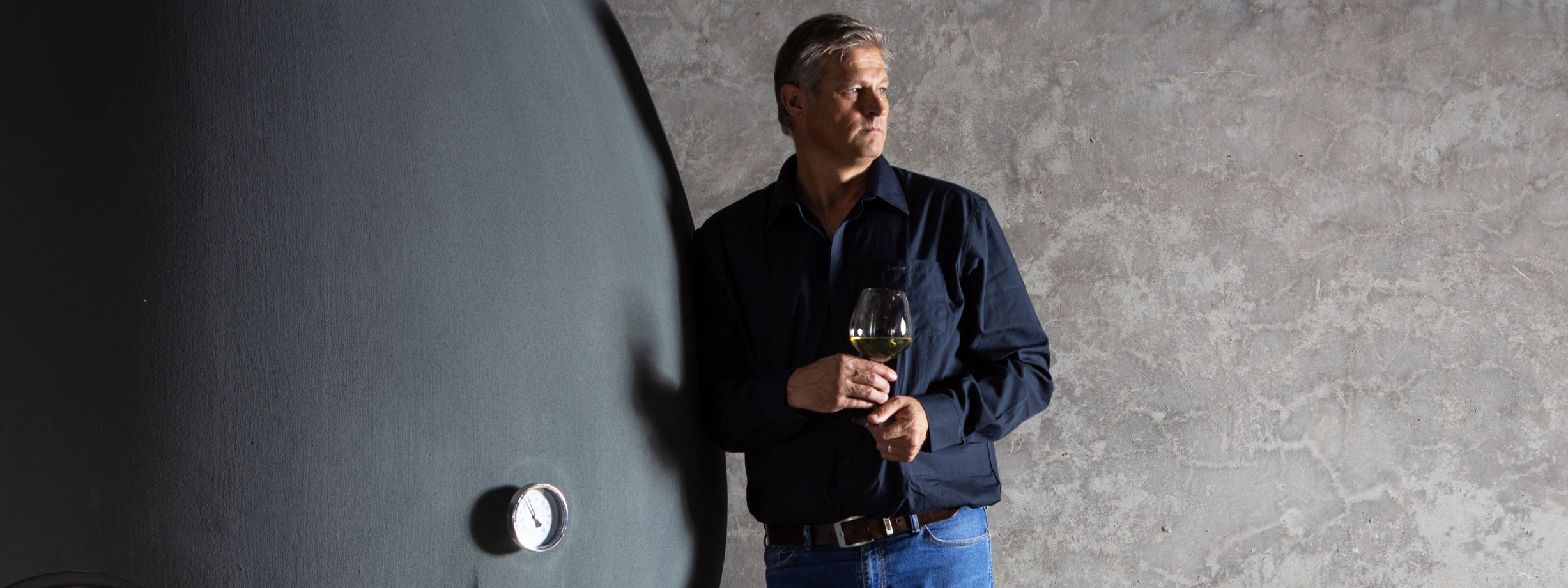



.png)
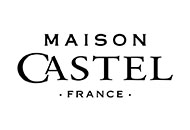
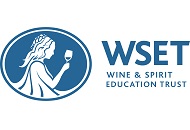
.png)

